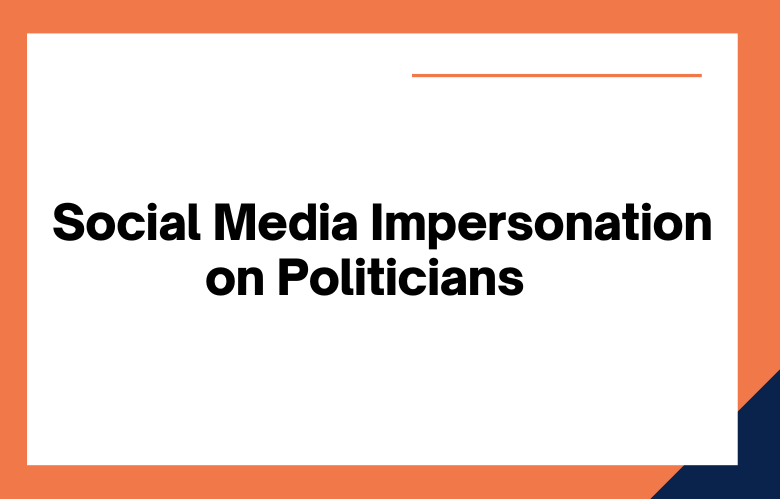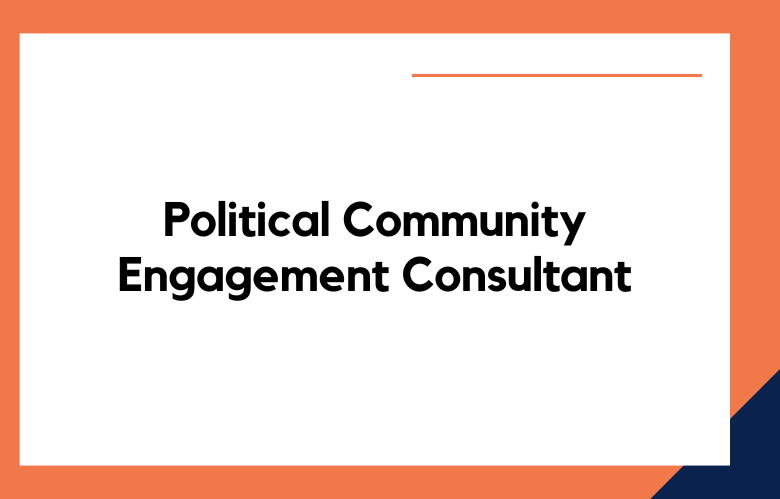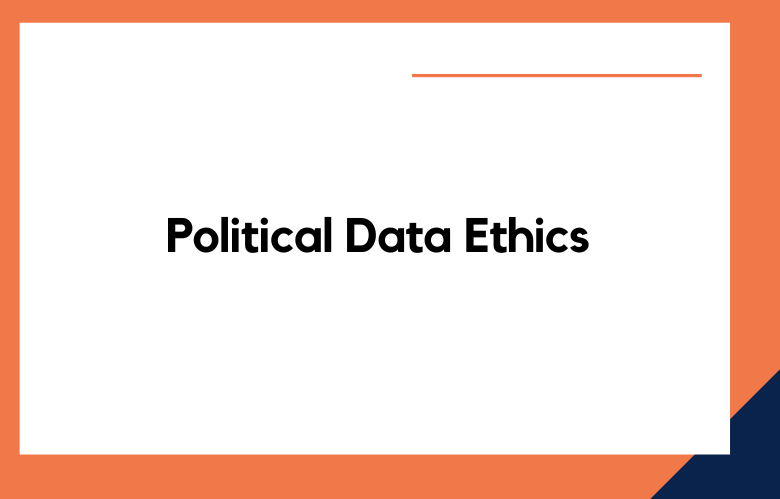In this increasingly digital age, social media‘s impact on political campaigns has become more prominent.
From politicians themselves to political analysts and everyday citizens, everyone can agree that social media has drastically transformed the way we approach politics.
While it has certainly improved access to information and allowed for the voices of those who may have been silenced before to be heard, it has also had profoundly adverse effects.
Fake news, in particular, has wholly ruled our social media feeds and news cycles, causing dangerous consequences for our democracy. We will explore the damage that fake news on social media is causing to political campaigns and society.
The world of politics is no stranger to fake news. However, with the rise of social media platforms as a source of political information, fake news has taken on a more menacing role.
In recent years, fake news has become a powerful tool that politicians use to influence public opinion, discredit their opponents, and push their agendas. The impact of fake news on democracy is severe, and the consequences are far-reaching.
We’ll examine how fake news on social media affects political campaigns and why it poses a grave threat to our democracy.
The Impact of Social Media on the Spread of Fake News in Politics?
In recent years, the pervasive influence of social media on politics has been widely observed. However, with this influence has come the rise of fake news, which poses a significant threat to the integrity of democratic processes.
The impact of social media on the rapid spread of fake news cannot be understated. The ease with which false information can be disseminated through digital platforms has led to a proliferation of disinformation campaigns.
Fake news has particularly nefarious political consequences, where it can sway public opinion and impact election results.
Highly targeted and sophisticated disinformation campaigns have been observed in recent years, with actors taking advantage of the vast data pools available through social media to craft tailored messages that resonate with specific demographics.
These campaigns effectively sow confusion, erode trust in political institutions, and promote political polarization.
Ways to Spot Fake News on Social Media During Political Campaigns?
Social media is crucial in disseminating information in today’s society, and political campaigns are no exception.
However, social media has also become a breeding ground for misinformation and fake news, which can significantly affect the political landscape.
This makes it crucial for users to recognize fake news and take steps to stop its spread.
One easy way to spot fake news on social media is to check the source of information.
Reputable news sources usually have a track record of providing accurate information, whereas unreliable sources may have a biased agenda or may intentionally spread false information.
Checking the source is crucial to ensure the news being shared is accurate.
The Role of Social Media Platforms in Fighting Fake News in Politics?
Fake news has become a ubiquitous problem in politics, and social media platforms are essential in fighting it.
Studies have shown that social media platforms are often the primary news source for many people, and as such, they are responsible for ensuring that the news their users see is accurate and fair.
Social media platforms have implemented various measures to combat spreading fake news. One of the most effective is fact-checking, which involves verifying the accuracy of news stories before they are shared on social media.
Facebook, for example, partners with third-party fact-checkers to review and rate the accuracy of news stories. They then use these ratings to help identify and reduce the visibility of false and misleading content.
The Ethics of Sharing Political News on Social Media?
As social media has become an increasingly popular news source, there has been a growing concern over the ethics of sharing political news on these platforms.
While social media certainly has the potential to facilitate the spread of valuable information, it also presents significant challenges in accuracy, reliability, and accountability.
One of the primary ethical considerations when sharing political news on social media is the potential for misinformation and fake news to spread like wildfire.
Social media algorithms often prioritize sensational or controversial content, making it easier for misleading or biased information to gain traction while drowning out more objective or nuanced reporting.
This can be particularly concerning in political news, where public opinion and policy decisions can be heavily influenced by what people see and share on social media.
How Are Political Parties Using Social Media to Spread Their Message and Fake Combat News?
Political parties have been utilizing social media platforms to spread their campaign messages and fake combat news.
With the increasing usage of social media among the general population, political parties have recognized the significance of this platform in influencing political discourse and shaping public opinions.
One of the most prevalent tactics political parties use is disseminating fake news, aimed at discrediting the opposing party’s policies and candidates or promoting one’s own party’s beliefs and ideologies.
Such propaganda can come in the form of misleading headlines or doctored images designed to evoke emotional responses from the public.
The Psychological Effects of Fake News on Social Media in Political Campaigns?
The rise of fake news on social media platforms has become a hot political issue in recent years.
Political campaigns, in particular, are highly susceptible to the psychological effects of fake news, as it spreads misinformation among people who may not have access to credible sources of information.
This can sway public opinion in favor of specific candidates or ideologies, often at the expense of truth and accuracy.
The psychological effects of fake news can be profound. Studies have shown that exposure to even a single piece of fake news can significantly alter people’s beliefs and attitudes toward a topic.
Fake news is more resonant and memorable than factual news stories, possibly due to fake news headlines’ sensationalism and emotional appeal.
How to Educate Yourself on Political Issues Amidst the Spread of Fake News on Social Media?
The era of digital media has made it easier for individuals to access information on political issues.
Nevertheless, social media platforms have become a battlefield for spreading fake news, making it challenging to discern credible information from misinformation.
As such, educating ourselves on political issues is crucial to preventing ourselves from being influenced by false information. Here are some practical tips on educating yourself on political matters amidst the spread of fake news on social media.
Diversify your news sources:
Relying on one news source is not enough. Various media outlets have different perspectives and biases, and depending on one can limit one’s understanding of specific issues. It is essential to broaden one’s horizons and explore other sources.
Check for credibility:
With the rise of fake news, checking for sources’ credibility must be balanced. Always verify the information in the report and fact-check before sharing on social media.
Stay objective:
Getting caught up in our political biases is easy, but staying objective when reading news stories is essential. Try to evaluate the information based on facts rather than emotions or opinions.
Follow reliable and informed individuals on social media:
Social media is an excellent tool for accessing information on political issues. However, one must use it judiciously. It’s advisable to follow reliable sources, individuals, and organizations that deeply understand political trends.
Use analytical tools:
Digital tools such as Google Trends, AI-powered analytical tools, and data mining tools can help analyze and interpret political data effectively.
Utilize these tools to assess various trends for a well-rounded understanding of political events.
In conclusion, educating ourselves on political issues is fundamental to making informed decisions.
With the spread of fake news and misinformation via social media platforms, we must be more mindful of the sources we use to learn.
By following the practical tips outlined above, one can quickly become more informed and better understand politics.
The Importance of Fact-Checking in Political News on Social Media?
In today’s digital age, social media has become a primary source of information for millions of people.
However, the sheer volume of news and information shared on these platforms has made fact-checking an increasingly important and necessary task. This is especially true for political communication on social media.
Political news on social media has the potential to sway public opinion, influence elections, and shape national discourse. Therefore, the information being shared must be accurate and reliable.
However, fake news and misinformation have become increasingly prevalent on social media platforms, and we must take steps to combat this problem.
The Future of Social Media and Fake News in Politics: Trends and Predictions?
In recent years, the rise of social media in the political sphere has brought about much scrutiny and controversy.
Unfortunately, one of the most concerning trends that have emerged alongside the growing popularity of social media is the proliferation of fake news in politics.
This has caused widespread concern among citizens and experts, who worry that false information could significantly impact political outcomes.
One of the biggest challenges in tackling fake news on social media is the sheer volume of information on these platforms.
It’s estimated that the average social media user is exposed to upwards of 300 pieces of content daily, making it incredibly difficult to distinguish truth from fiction.
This is compounded by the fact that fake news often spreads more quickly and widely than real news, thanks to algorithms that favor sensational or controversial content.
Conclusion:
Our reality is the post-truth era, and we must address and counter it. The influence of fake news on politics is a serious problem.
It highlights the importance of truth, impartiality, and critical thinking, as well as the responsibility of platforms in controlling the content that appears on their websites.
As we move forward, we must be increasingly vigilant about what we read, who the source is, and their motivations.
We all need to take responsibility for how we engage with social media, and we should remain united against those who seek to undermine democracy by spreading fake news online.
Fake news on social media is a looming crisis that seriously threatens democracy. It is a powerful tool that can sway public opinion, shape political agendas, and even alter the course of history.
The fight against fake news must involve all stakeholders, including social media platforms, governments, and the public.
Only by working together can we mitigate the impact of fake news and safeguard our democratic institutions.
Call: +91 9848321284
Email: [email protected]











